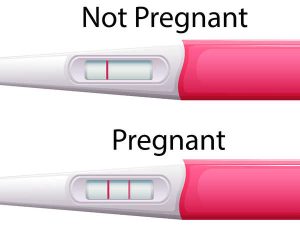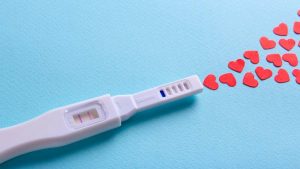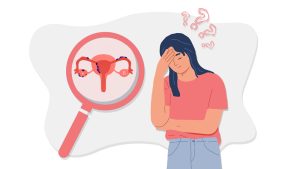If you are trying to conceive or planning to do so in the future, you may be wondering how your environment affects your fertility. You may have heard about environmental toxins, such as pesticides, heavy metals, plastics, and air pollution, that can interfere with your reproductive health. But what are these toxins exactly, how do they affect your fertility, and what can you do to protect yourself and your future baby?
Environmental toxins are substances that are present in the environment that can cause harm to live organisms. Some of these toxins are naturally occurring, such as radon gas or mercury, while others are man-made, such as pesticides or industrial chemicals. Some of these toxins can accumulate in the body over time and cause damage to various organs and systems, including the reproductive system.
One of the ways that environmental toxins can affect fertility is by disrupting the endocrine system, which is responsible for producing and regulating hormones. Hormones play a vital role in regulating ovulation, menstruation, sperm production, and sexual development. Some environmental toxins can act as endocrine disruptors, which means they can mimic or block the action of natural hormones, or alter their production or metabolism. This can lead to hormonal imbalances, irregular cycles, reduced egg or sperm quality, infertility, or miscarriage.
Another way that environmental toxins can affect fertility is by causing oxidative stress, which is an imbalance between free radicals and antioxidants in the body. Free radicals are unstable molecules that can damage cells and DNA, while antioxidants are substances that can neutralize them and prevent damage. Some environmental toxins can increase the production of free radicals or decrease the availability of antioxidants, resulting in oxidative stress. Oxidative stress can impair the function and viability of eggs and sperm, as well as affect implantation and embryo development.
Some examples of environmental toxins that can affect fertility are:
– Pesticides: These are chemicals that are used to kill insects, weeds, fungi, or rodents that can harm crops or human health. However, some pesticides can also harm humans by acting as endocrine disruptors or causing oxidative stress. Exposure to pesticides can occur through food, water, air, or skin contact.
– Heavy metals: These are metals that have a high density and can be toxic to humans in high doses. Some examples are lead, mercury, arsenic, cadmium, and chromium. Exposure to heavy metals can occur through food (especially fish), water (especially from old pipes), air (especially from industrial emissions), or skin contact (especially from cosmetics or jewelry). Heavy metals can affect fertility by disrupting hormones, damaging DNA, or impairing egg or sperm quality.
– Plastics: These are synthetic materials that are widely used for various purposes, such as packaging, clothing, toys, or medical devices. However, some plastics can leach chemicals that can act as endocrine disruptors or cause oxidative stress. Exposure to plastics can occur through food (especially when heated or microwaved), water (especially from plastic bottles), air (especially from indoor sources), or skin contact (especially from personal care products).
– Air pollution: This is a mixture of solid particles and gases that are present in the atmosphere. Some sources of air pollution are vehicle emissions, industrial activities, power plants, wildfires, or tobacco smoke. Exposure to air pollution can occur through inhalation or skin contact. Air pollution can affect fertility by causing inflammation, oxidative stress, hormonal imbalances, or DNA damage.
What can you do to reduce your exposure to environmental toxins and protect your fertility?
While it may not be possible to avoid all environmental toxins completely, there are some steps you can take to reduce your exposure and minimize their impact on your fertility. Here are some tips:
– Eat organic food whenever possible. Organic food is grown without synthetic pesticides or fertilizers that can contaminate the soil and water. Organic food may also have higher levels of antioxidants that can counteract oxidative stress.
– Drink filtered water. Tap water may contain traces of heavy metals, pesticides,
or other contaminants that can affect your health and fertility. Use a water filter that can remove these impurities and drink plenty of water to flush out toxins from your body.
– Avoid plastic containers and utensils. Plastic products may leach chemicals into your food or drink when heated or scratched. Use glass,
ceramic,
or stainless steel containers and utensils instead,
and avoid microwaving food in plastic containers.
– Choose natural personal care products. Many cosmetics,
lotions,
shampoos,
or perfumes





